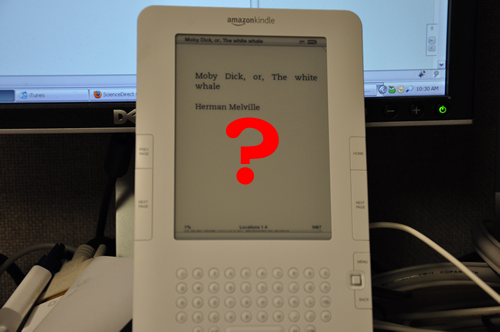
It doesn’t matter if we’re talking Twitter or robot arms: there’s a way to use technology appropriately, and way to really screw it up. You want to have engaging communication between professors and students, but no one want to get overloaded, or have communications turn into a Kardashian-esque spam/gossip/lulz fest.
Or even worse, accidentally make Skynet.
Today’s book discusses ways to use social media and emerging technologies effectively in the classroom, creating meaningful uses and relationships when sharing information and taking full advantage. The Professor’s Guide to Taming Technology focuses on the technologies, the different learner groups (generational, etc.), and what technologies may develop in the future. It’s recommended for professors looking to incorporate emerging media into their classes. It is also useful for students who may be a little behind on the tech side, but might want to find out what may be coming soon to their classrooms.



/lc.gif&client=johnsonh)
/lc.gif&client=johnsonh)


